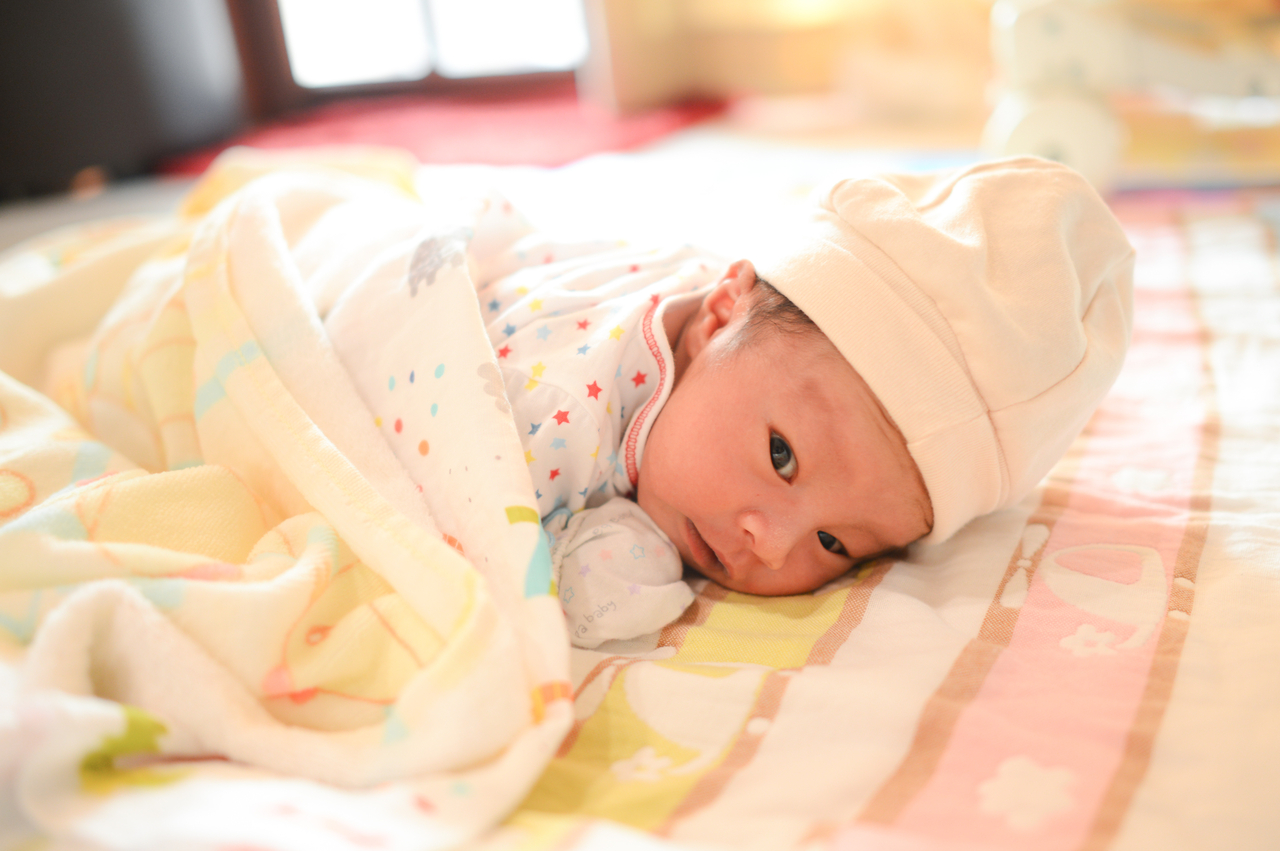
The South Korean government said Tuesday it will introduce legislation to subsidize child care costs for single parents whose former or current spouses refuse to pay their portion of child-rearing expenses.
The revision to the Enforcement Decree of the Act on Enforcing and Supporting Child Support Payment will provide legal grounds for the government to pay 200,000 won ($137) a month per child to parents in this situation, according to the Ministry of Gender Equality and Family. The payments will continue until the child reaches legal adulthood.
The new measure will take effect in July of this year.
Seizure of assets from parents who refuse to pay
Potential beneficiaries can apply to the Korean Child Support Agency, an affiliate of the Family Ministry, which will assess whether they meet the criteria for payment. To qualify, one's household income has to be less than or equal to 150 percent of the national median income, and child support payments must have been in arrears for at least three months prior to application.
Officials will also consider support in cases where the estranged parent is making child care payments in only small amounts or irregularly, the ministry said.
The government will demand payment from the parent who has failed to meet their child care obligations. The delinquent parent will have 30 days to comply with the order, followed by another 30-day grace period before a final notice is issued. After that, the government will assess the parent's financial situation, including income, assets and real estate, along with information about taxes, pension programs and immigration records.
Parents who still fail to pay will then be subject to asset seizure under the National Tax Collection Act. The law prioritizes the collection of these funds over other debts, utility bills and outstanding payments owed by the debtor.
Those who accept the benefits will be required to report their financial status related to the program, such as notable changes in household income and the status of the parent who has failed to make payments. Those found to have received the benefits illegally will be ordered to return the funds, and refusing to comply will also lead to forced collection by the state.
If returning the funds poses a serious risk to the well-being of a child, the government can reduce or forgive the amount to be returned.
The new revision will also impose bans on driving and overseas travel, publish the personal information of delinquent parents, and enforce other administrative penalties on those who fail to pay child support within 30 days of a government order. The existing system also imposes these punishments, but only on those who have failed to make child support payments more than three times or if the amount due is 30 million won or more.
The new measure is in response to the substantial number of parents who have refused to pay child support after being estranged from their child. As of last month, 1,279 individuals have been banned from leaving the country for this reason since the second half of 2021.
minsikyoon@heraldcorp.com




